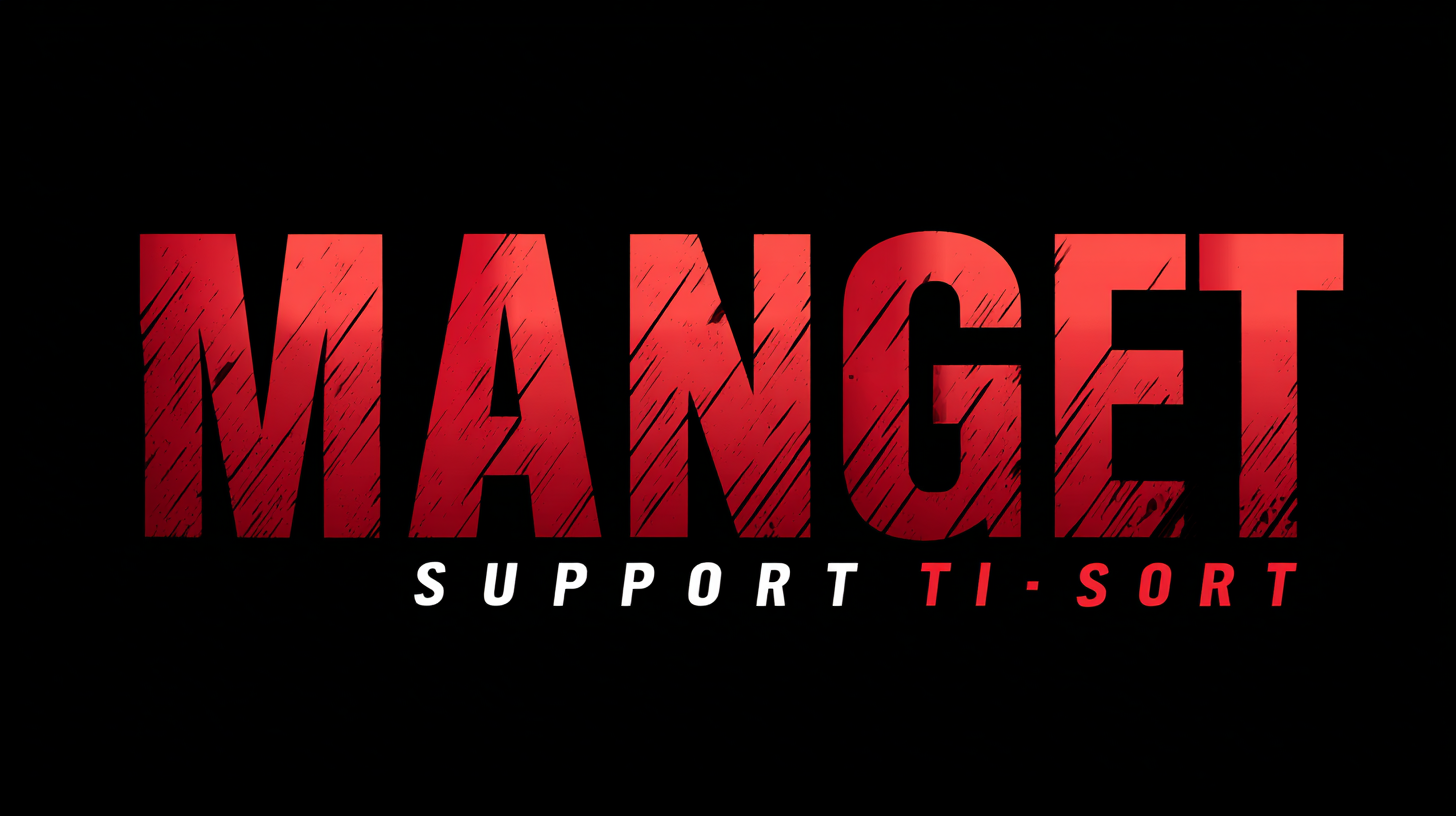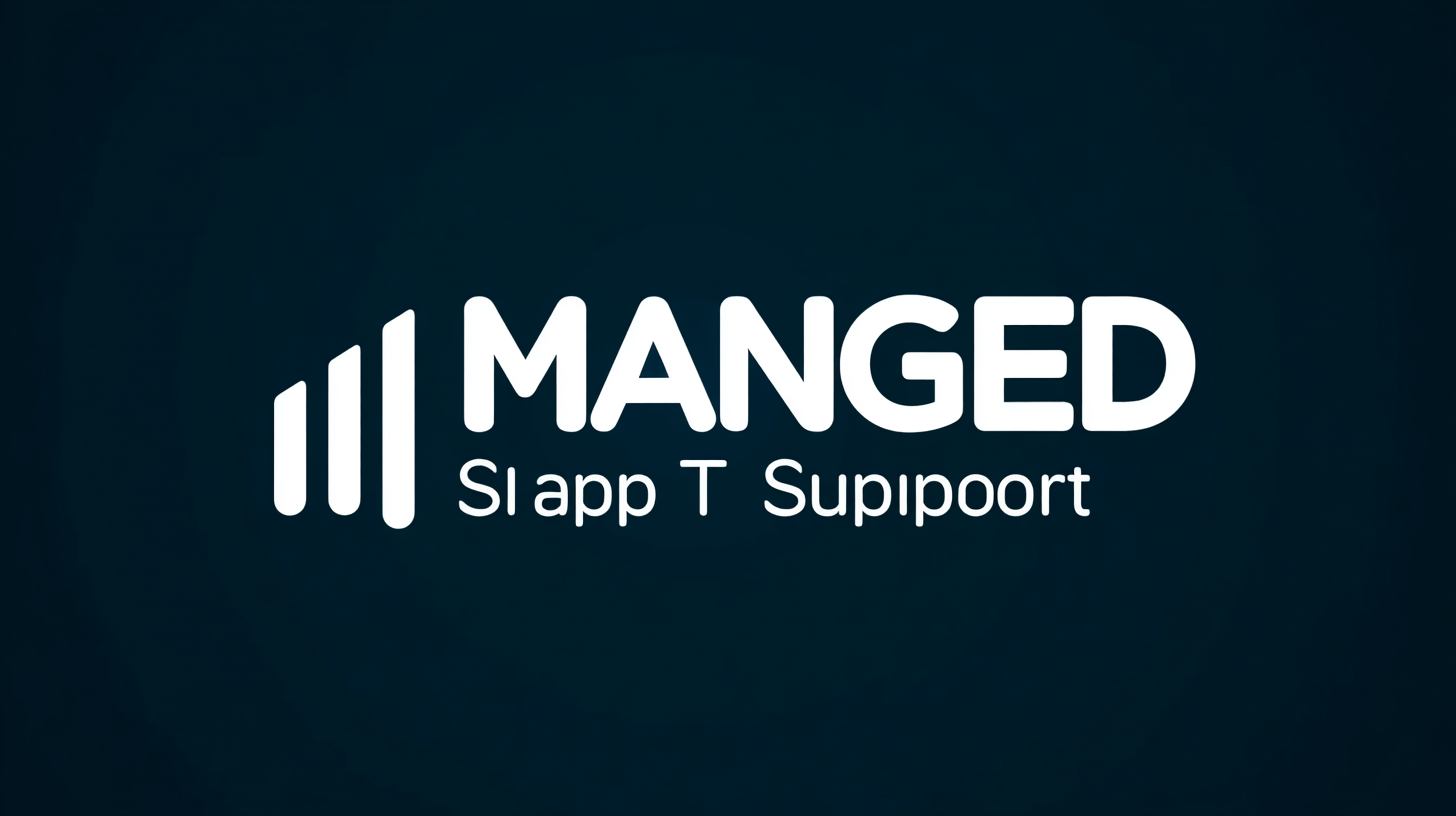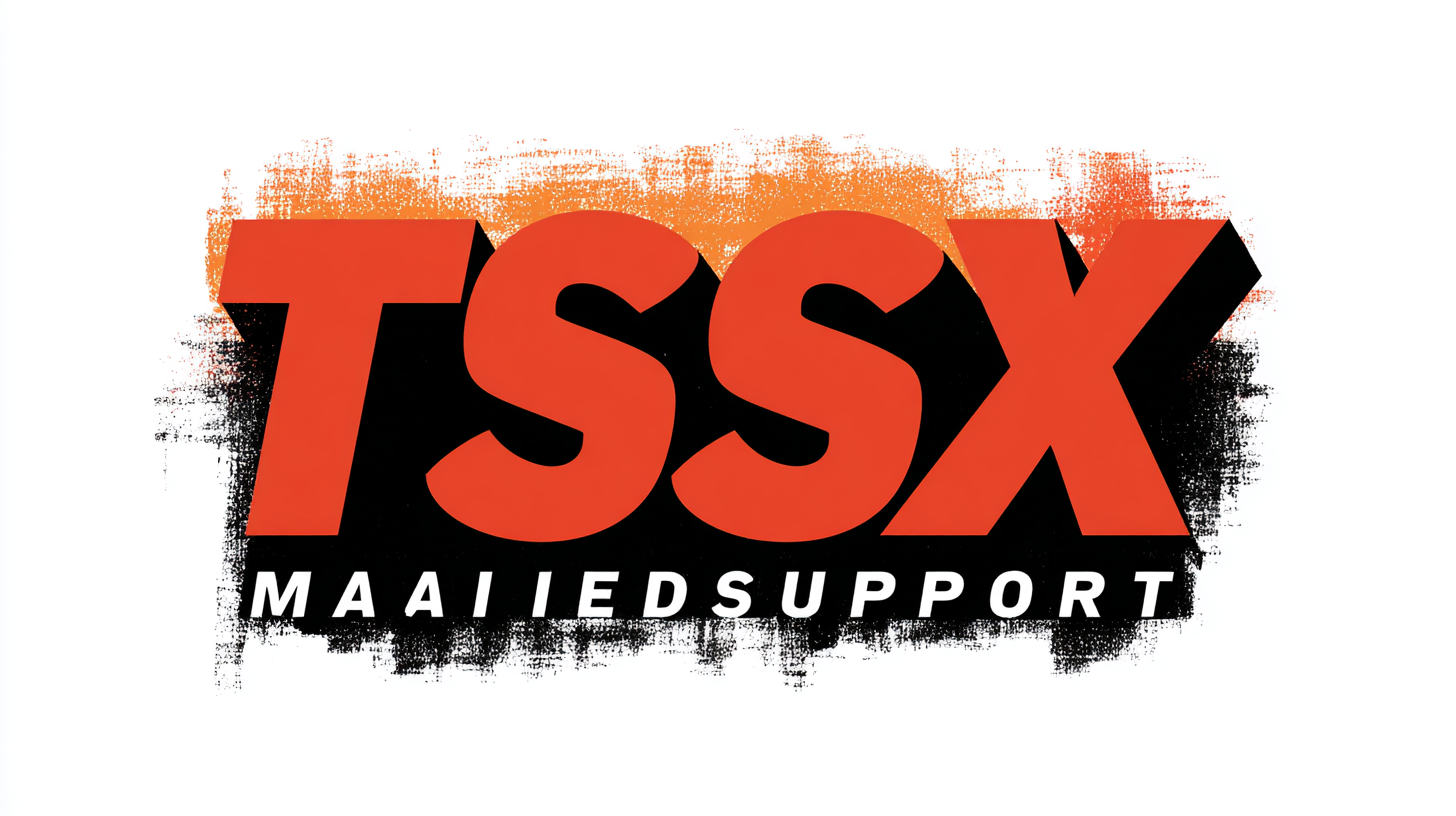Elevating Industry Standards with Best Managed IT Support Solutions
In today’s digital landscape, businesses are increasingly recognizing the vital role of Managed IT Support in enhancing operational efficiency and driving growth. According to a recent report by Gartner, companies that leverage Managed IT Services experience a 30% increase in productivity and a significant reduction in downtime, highlighting the necessity of optimizing IT resources. As organizations navigate the complexities of technological advancements, adopting best practices in IT support not only meets compliance requirements but also elevates industry standards.

This blog explores top strategies for implementing effective Managed IT Support solutions, ensuring businesses not only stay competitive but also thrive in an ever-evolving marketplace. Emphasizing a proactive approach to IT management will ultimately lead to improved service delivery, greater security, and a robust IT infrastructure that aligns with organizational goals.
Exploring the Role of Managed IT Support in Future-Proofing Businesses
In today's rapidly evolving business landscape, managed IT support solutions play a crucial role in future-proofing organizations. As businesses face increasing pressure to adapt, ensuring that operational resilience is built into the fabric of their strategies is key. According to a recent study, 82% of organizations believe that having robust IT support systems significantly boosts their ability to navigate disruptions, making it an essential investment for sustainable growth. By leveraging managed IT services, companies can streamline their operations, enhance cybersecurity measures, and focus on their core competencies, ensuring they remain competitive in the face of uncertainty.

Moreover, the integration of technology and talent strategies has proven effective in fortifying organizations against future challenges. A report highlights that companies prioritizing talent management alongside technological advancements are 60% more likely to maintain high employee morale and productivity. This synergy not only empowers teams to embrace innovation but also cultivates a culture of continuous improvement. For instance, businesses that provide peer-led training on new technologies report a 70% increase in employee engagement, which directly translates to a more adaptable workforce ready to face the demands of tomorrow. Ultimately, embracing managed IT support coupled with strategic talent initiatives will be paramount in sculpting a resilient future for businesses.
Key Benefits of Best Managed IT Solutions for Industry Advancement
Managed IT solutions have become a pivotal resource for organizations striving to elevate industry standards and ensure seamless operations. One of the key benefits of implementing the best-managed IT solutions is the enhancement of operational efficiency. By outsourcing IT management, companies can focus on their core competencies while relying on experts to handle their technological needs. This specialization not only optimizes IT performance but also reduces downtime and improves response times to issues, providing a smoother workflow.
Moreover, best-managed IT solutions offer robust security features that are vital in today's digital landscape. With the increasing prevalence of cyber threats, these services ensure that businesses are equipped with the necessary tools to safeguard their data and infrastructure. Regular updates, real-time monitoring, and comprehensive security protocols protect sensitive information and enhance compliance with industry regulations, allowing enterprises to advance confidently within their sectors. By investing in these solutions, organizations can achieve a competitive edge, foster innovation, and create a resilient technological environment.

How Best Managed IT Support Enhances Operational Efficiency and Productivity
In today's fast-paced business environment, leveraging Best Managed IT Support has become essential for enhancing operational efficiency and productivity. By entrusting IT management to specialized professionals, organizations can focus on their core objectives while benefiting from streamlined operations. This transition not only minimizes downtime but also enables businesses to leverage the latest technologies without the burden of constant maintenance.
Tip 1: Regularly assess your IT needs to ensure that your managed support aligns with your business goals. Evaluate which services are most beneficial—be it cloud solutions, cybersecurity measures, or network management—and tailor your support accordingly. This targeted approach can significantly improve your operational workflows.
Tip 2: Foster a collaborative relationship with your managed IT service provider. Open communication and regular feedback can lead to customized solutions that directly address your unique challenges. A proactive support model can identify potential issues before they escalate, further boosting productivity.
By integrating Best Managed IT Support, businesses can not only improve their operational metrics but also create a more resilient and innovative organization poised for growth.
Emerging Trends in Managed IT Services: Shaping the Future Landscape
Emerging trends in managed IT services are significantly shaping the future landscape of the industry, pushing organizations to adapt and evolve. One noticeable trend is the integration of Artificial Intelligence (AI) and Machine Learning (ML) into IT support systems. These technologies not only automate routine tasks but also enhance decision-making processes by analyzing large volumes of data in real-time. As a result, businesses can anticipate issues before they occur, optimizing their operational efficiency and minimizing downtime.
Another key trend is the increasing focus on cybersecurity within managed IT services. As cyber threats grow in complexity and frequency, organizations are recognizing the need for robust security solutions. Managed IT service providers are responding by incorporating comprehensive security protocols and continuous monitoring services. This shift not only protects sensitive data but also engenders client trust, reinforcing the importance of cybersecurity as an integral component of IT strategy. These developments indicate that managed IT services will play a crucial role in fostering innovation while addressing the evolving challenges faced by businesses in the digital age.
Case Studies: Success Stories of Companies Leveraging Managed IT Support Solutions
In the ever-evolving landscape of industries, companies are increasingly relying on managed IT support solutions to enhance operational efficiency and maintain competitive edge. For example, case studies highlight how various organizations have successfully leveraged managed IT support to address specific challenges and streamline their processes. One notable instance is the application of the Madrid System, which has enabled companies to expand their trademark protection globally, reflecting a strategic investment in intellectual property to safeguard their innovations and business models.
A recent report underscores the significant impact of managed IT solutions across diverse sectors. According to industry data, organizations that integrated managed IT support saw productivity improvements of up to 40%, demonstrating the value of technology in optimizing business operations. This is further exemplified through success stories where firms have utilized IT support to enhance their digital transformation journeys, leading to better customer engagement and sustainable growth. The emphasis on strategic IT partnerships reveals a clear trend towards recognizing managed services as a critical component for future business success.
Elevating Industry Standards with Best Managed IT Support Solutions - Case Studies: Success Stories of Companies Leveraging Managed IT Support Solutions
| Case Study | Industry | Challenge Faced | Solution Implemented | Outcome |
|---|---|---|---|---|
| Case Study 1 | Healthcare | Inefficient patient data management | Cloud-based EMR implementation | 30% reduction in data retrieval time |
| Case Study 2 | Finance | High IT maintenance costs | Managed IT services with automation tools | 15% cost savings annually |
| Case Study 3 | Retail | Poor inventory management | Integrated inventory management system | 20% increase in inventory turnover |
| Case Study 4 | Manufacturing | Downtime due to outdated systems | Infrastructure upgrade with 24/7 support | Significant reduction in downtime |
| Case Study 5 | Education | Limited access to IT resources | Virtual IT classrooms | Improved student engagement |
Taylored Systems serves Indiana businesses in Anderson, Avon, Bloomington, Brownsburg, Carmel, Columbus, Crawfordsville, Fishers, Franklin, Greenfield, Greenwood, Indianapolis, Kokomo, Lafayette, Lebanon, Marion, Martinsville, Mooresville, Muncie, New Castle, Noblesville, Plainfield, Richmond, Shelbyville, Westfield, Whitestown, and Zionsville.
